The fields of project management and product management are commonly — and erroneously — used interchangeably. Its practitioners even tend to use the same acronym: PM.
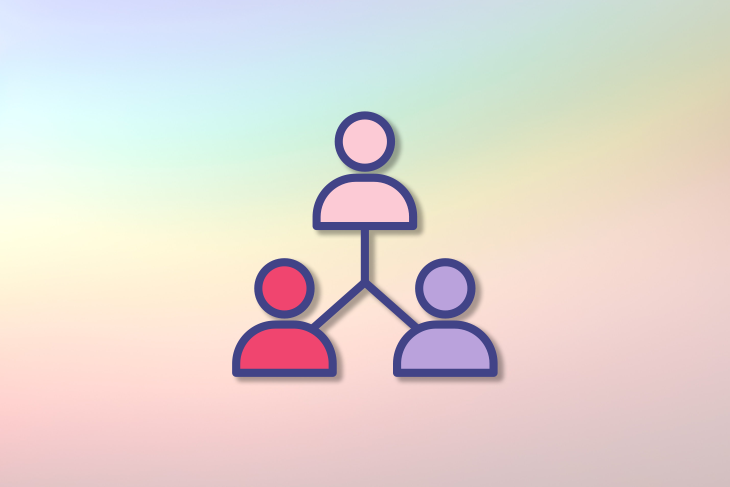
The only people who know the difference between project managers and product managers are product managers…or project managers…I can’t remember
— I Am Devloper (@iamdevloper) April 9, 2021
Even people in the software development industry are sometimes confused about the distinction between product management vs. project management, and this leads to many misunderstandings.
Imagine you’re asked to recruit a new team member and the hiring manager says something like, “Yeah, product or project manager.” Believe it or not, that really happens.
Let’s unpack how the two roles differ.
Before we tackle the differences between a product manager and a project manager, let’s understand what products and projects actually are.
A product is the vehicle of value. It can be software, hardware or even an intangible service.
The purpose of products is to drive business results by delivering value to users. Because business objectives and users evolve over time, a product is never complete; it exists as long as the need exists.
A project is an execution tool. In other words, it’s a way of achieving goals.
Projects aim to achieve a specific goal (scope) within set constraints (e.g., budget, time). You can think about scrum sprints as short projects.
When we manage a product, we manage a long-lived, ever-evolving vehicle of value. Managing projects is all about achieving specific, constrained goals.
With the difference explained, let’s examine what, exactly, product and project managers do.
The exact role of a product manager is heavily context-dependent and differs dramatically depending on the environment. A product manager working at an early-stage startup will have a completely different job description than a corporate product manager working on an established product.
If we had to distill all the responsibilities of a product manager into a single tagline, it would be along the lines of, “Doing whatever it takes to ensure product success.”
Product managers contribute to success by focusing on three main areas:
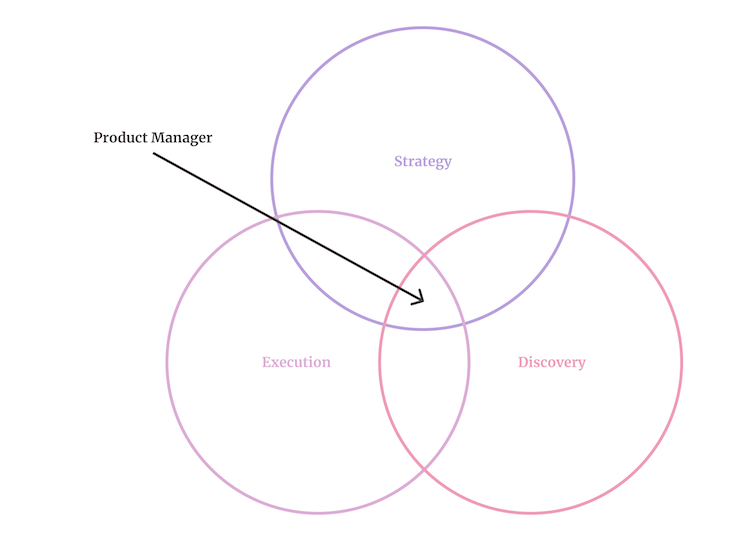
A product manager’s strategic activities typically include:
The product manager’s responsibilities around discovery include:
At the execution stage, the product manager is responsible for:
The distribution of effort among execution, discovery, and strategy depend on the context, role, and seniority of the manager. A junior-level PM on a corporate assignment might focus more on execution and discovery, for example, whereas a senior product manager at a startup would likely spend most of their time doing strategic work.
“Do we achieve desired business outcomes simultaneously generating value for our users?”
To be successful in the role, product managers should have the following skills:
Whereas product managers have a breadth of responsibilities, project managers are more focused and specialized. PjMs don’t contribute as much to strategy and discovery areas; the execution is their bread and butter.
Project managers have the skills and time to go really deep into execution and improve efficiency. For example, a product manager doesn’t have time to monitor and improve granular metrics such as time-to-first review. That’s why we have project managers.
Great project managers can bring order and organization to even the messiest and most complex of undertakings.
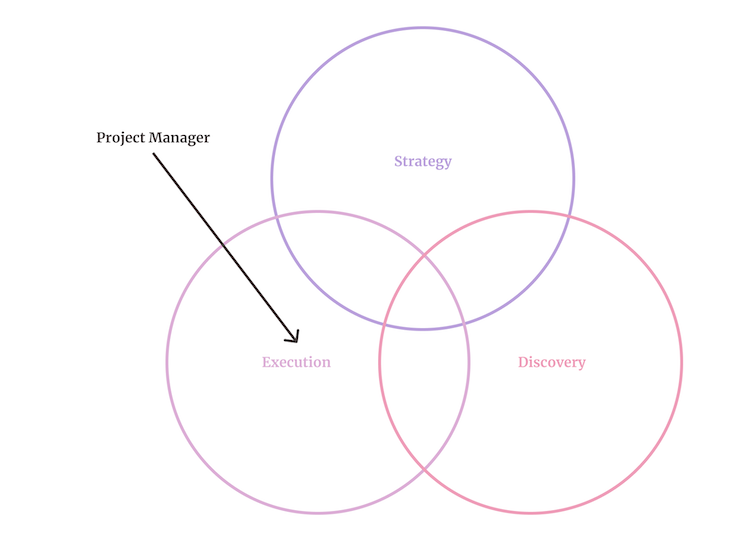
Compared to product managers, project managers play a much smaller role in the strategy and discovery phases of product development but are integral to the execution.
Some activities of a project manager include the following.
Although project management is focused on going deep into the execution area, project managers also contribute to strategy and discovery work. Their contribution there, however, is usually limited compared to product managers.
“Are we delivering the desired scope within the planned time and budget?”
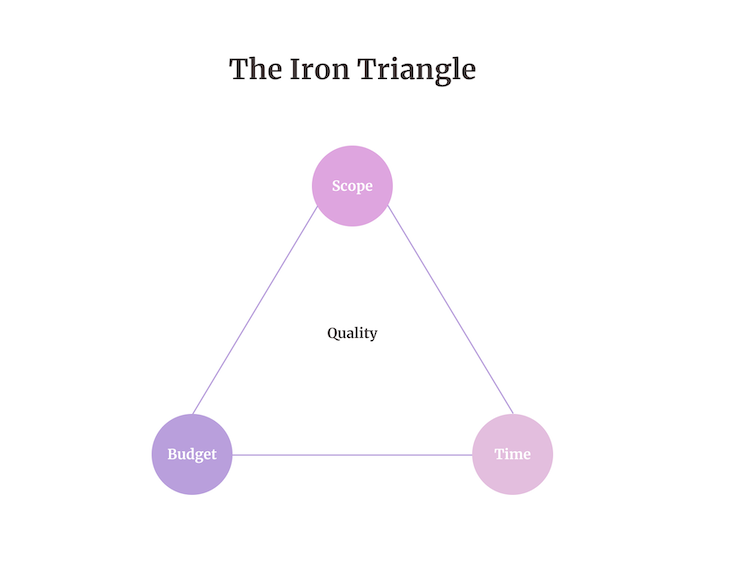
To be successful, project managers should be proficient in:
The table below describes the key differences between the product manager and project manager roles:
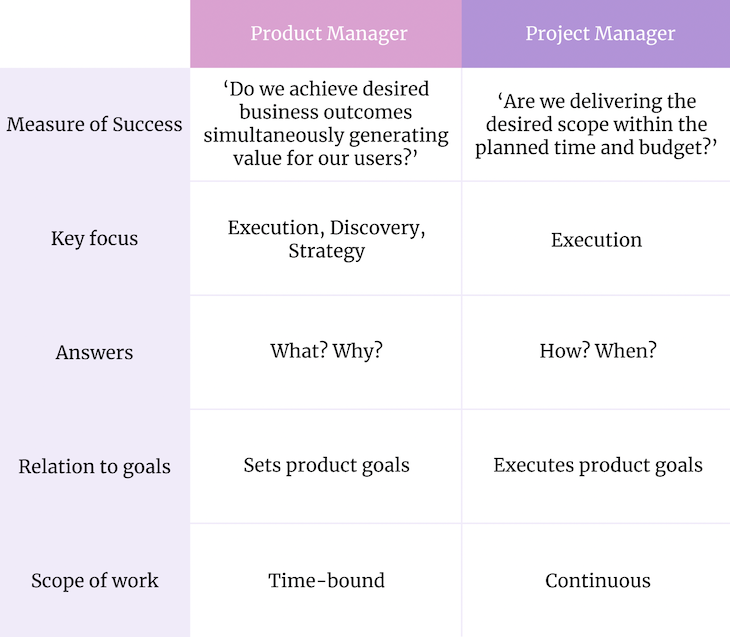
It’s a common misconception that you become a project manager first and, once you are experienced and skilled enough, you can be “promoted” to product manager.
While it’s true that many project managers eventually become product managers, it’s more of a career pivot than another step on the ladder. High pressure and a low sense of product ownership can quickly burn out project managers.
But product and project management are separate career paths. A skilled project manager with years of experience can easily manage a dozen of complex, interdependent projects with unrealistic budgets and timelines — all while managing the most difficult stakeholders. A generalist product manager would probably sweat at the mere thought of doing so.
It’s true that project managers share only on a fraction of product managers’ overall responsibility. But in return, they are true specialists in execution.The more complex the endeavor, the more pressing the need for such a specialist.
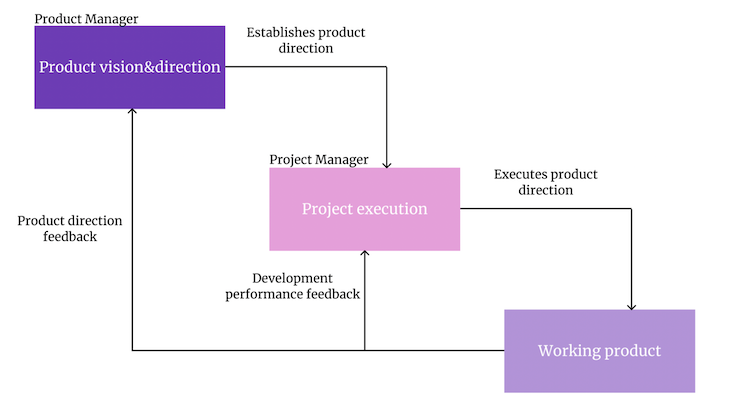
Product managers are generalists that often contribute to execution, but they deliver the highest value when they work on establishing product direction. Project managers deliver the most value when they focus on tiny execution details. At a certain scale, you need both.
Product management is hot. In recent years, the interest in the role skyrocketed.
This presents a big problem: Suddenly everyone wants to become a product manager. The title is fancier, the salary is often higher, and the overall job description is often more interesting than that of project manager. Who doesn’t want to be the next Steve Jobs?
As a result, companies struggling to hire a project manager have adopted an ingenious tactic: they simply changed the title from project to product manager! What’s worse, it seems to be working.
Given how hard it is to get into product management, the chance to get the title on your CV is tempting, even if the actual job description expects 100 percent execution and nothing more.
This trend blurs the boundaries between the roles even further. The last time I checked job boards, there were actually more offers for these project managers in disguise than for actual product managers.
In the long run, this trend will blur the boundaries between these roles even further. At some point, we will probably stop calling people project managers altogether. A new era of execution-focused product managers seems to be around the corner.
Featured image source: IconScout

LogRocket identifies friction points in the user experience so you can make informed decisions about product and design changes that must happen to hit your goals.
With LogRocket, you can understand the scope of the issues affecting your product and prioritize the changes that need to be made. LogRocket simplifies workflows by allowing Engineering, Product, UX, and Design teams to work from the same data as you, eliminating any confusion about what needs to be done.
Get your teams on the same page — try LogRocket today.

Rahul Chaudhari covers Amazon’s “customer backwards” approach and how he used it to unlock $500M of value via a homepage redesign.

A practical guide for PMs on using session replay safely. Learn what data to capture, how to mask PII, and balance UX insight with trust.
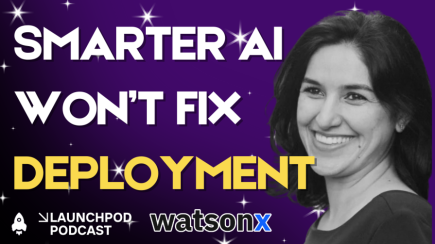
Maryam Ashoori, VP of Product and Engineering at IBM’s Watsonx platform, talks about the messy reality of enterprise AI deployment.
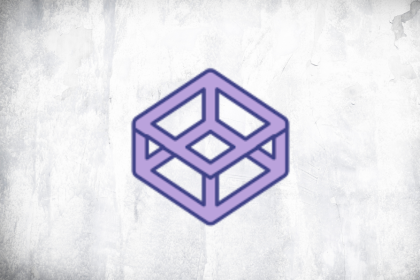
A product manager’s guide to deciding when automation is enough, when AI adds value, and how to make the tradeoffs intentionally.